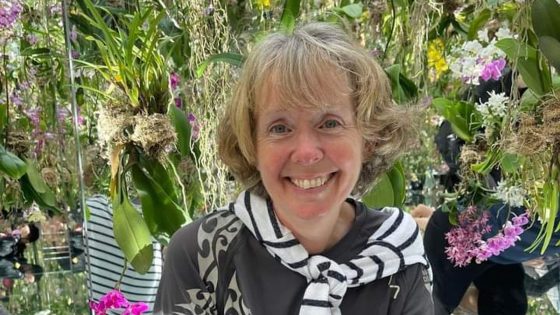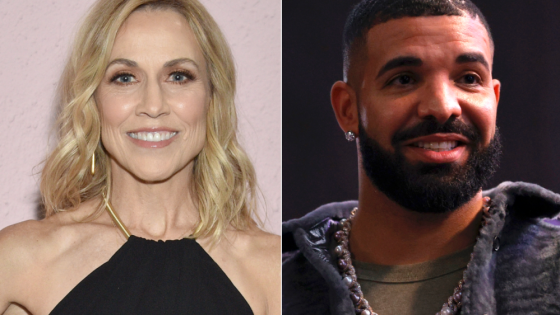A terminally-ill British woman who chose to end her life by assisted dying on a secluded New Zealand beach surrounded by close family and friends has been remembered for her “selflessness, intellect, and pragmatism”.
Tracy Hickman, 57, who was treated for breast cancer in 2019 only for it to return and aggressively spread last year, had urged the UK to change its laws on euthanasia before she passed away on Wednesday.
Having been given only two to three months to live, the Auckland-based marathon enthusiast was eligible for assisted dying under New Zealand’s End of Life Choice Act, which was introduced following strong backing in a public referendum.
An obituary posted on the website of the company where she had worked said: “Tracy died as she lived – on her own terms.”
It added: “In her words, it was to be a fast and gentle end to a life in which she’d always had her pedal to the floor.”
It also described her as an “adored colleague, a philanthropist, a respected business adviser, avid lover of chocolate, and so much more”.
‘An inspiration’
One of the many tributes posted about her said: “Thank you for being such an example and inspiration to us all on how to get the best out of life.”
Another person wrote: “Tracy, you have made a positive lasting impact on me and so many others with your selflessness, intellect, and pragmatism always shining through…”
Travelling the world, Ms Hickman competed in more than 30 marathons and eight ultra-marathons on all seven continents, from the Mongolian mountains and the Sahara Desert to Antarctica.
Read more:
MPs share experiences during assisted dying debate
Bake Off star says her brother was ‘begging to die’
Even following the return of the cancer she achieved the personal goal of completing the Boston Marathon.
‘It has given me so much comfort and peacefulness’
Just weeks before her death, Ms Hickman said: “It has given me so much comfort and peacefulness since I made the decision.
“I would dearly like others to be able to continue to benefit in the same way.
“Also I am hoping that the upcoming publicity will help others in a similar situation to start conversations with their friends and family, and as a resource on how to deal with the difficult situation in which we find ourselves.”
Euthanasia has been legal in New Zealand since November 2021.
To be eligible for assisted dying, a person must be aged over 18 and must be experiencing unbearable suffering from a terminal illness that is likely to end their life within six months.
‘People should have the right to a peaceful, gentle death’
Ms Hickman had called on Britain to follow suit, telling the Guardian earlier this month: “Look at what New Zealand has done, and do it even better.
“There is a lot of focus on the right to life, but people should have the right to a peaceful, gentle death.”
Dame Esther Rantzen and Dame Prue Leith are among the high-profile advocates for assisted dying, while actress and disability rights campaigner Liz Carr and gold-medallist paralympian Baroness Grey-Thompson have spoken out in opposition.
Assisted dying is banned in England, Wales and Northern Ireland, with those convicted facing up to 14 years in jail.
In Scotland, it is not a specific criminal offence, but assisting the death of someone can leave a person open to murder or other charges.
Earlier this week, Jersey’s parliament voted in favour of drawing up laws to establish an assisted dying service on the island for terminally ill people.
Anyone feeling emotionally distressed or suicidal can call Samaritans for help on 116 123 or email [email protected] in the UK. In the US, call the Samaritans branch in your area or 1 (800) 273-TALK
Source Agencies




